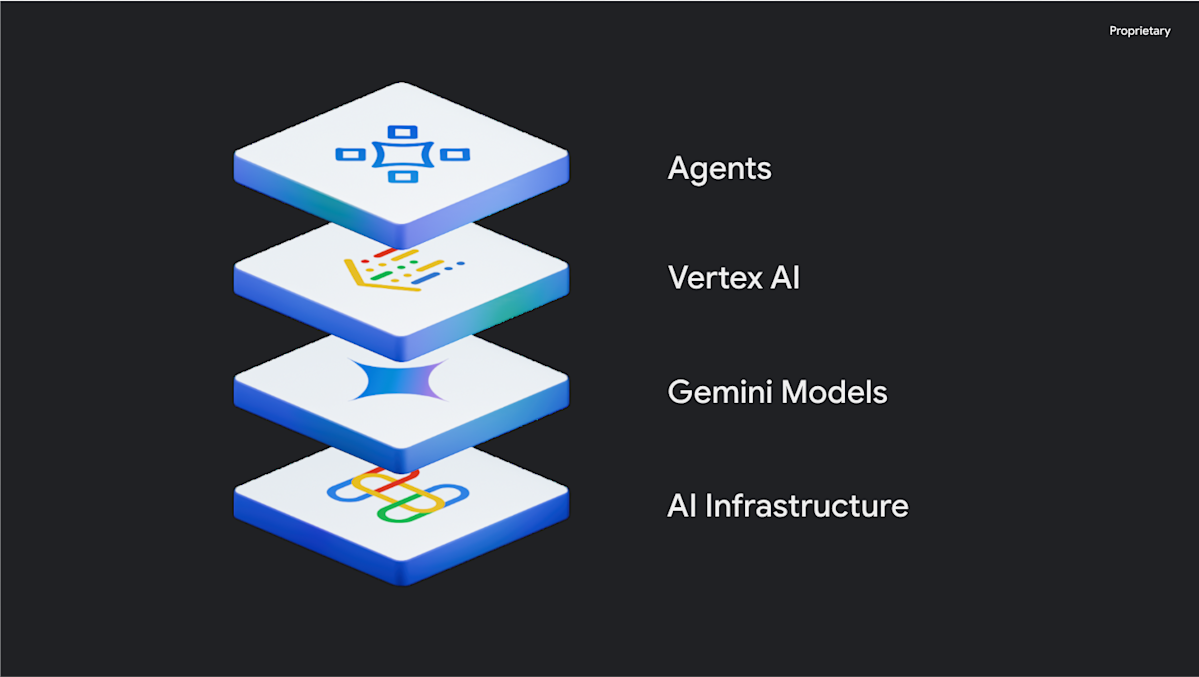We’ve all heard that if you’re not paying for the product, you are the product. The internet app ecosystem monetizes users through ads and data tracking. While mainstream apps are often designed to serve large platforms more than users, self-hosted alternatives flip that dynamic. I use open source and self-hosted alternatives on my Android phone. They’re leaner, more transparent, and usually free from the tracking and bloat that are standard in many Play Store downloads. Here are the compelling reasons for you to make the switch.
Is your Android phone secretly tracking you? Here’s how to stop it
Make your phone impossible to track
4
Your data stays yours
Take back your privacy
One strong argument for self-hosted apps is privacy. Most mainstream apps collect data, and lots of it. Whether it’s your location, contacts, browsing history, or usage habits, this information is often sent to external servers, analyzed, and sometimes sold.
Self-hosted alternatives eliminate that possibility. They’re typically open source, don’t rely on third-party cloud services, and give control over where data is stored and who can access it.
Take email as an example. Instead of relying on a company that scans inboxes for advertising purposes, apps like K-9 Mail paired with an open source encryption tool like OpenKeychain allow for secure, local email access with full end-to-end encryption. Similarly, you can manage tasks, calendars, and contacts via open source apps that sync only with your server, such as Nextcloud.
The result? Peace of mind. Sensitive data stays where it should, on the device or private server, not in a company’s cloud infrastructure.
3
Customization goes far beyond stock options
Build a setup that works for you
Source: Play Store
Android is known for its flexibility, but that freedom has limits when using most mainstream apps. Many lock users into default layouts, force unwanted UI changes, or bundle in unnecessary features that can’t be disabled. Self-hosted tools allow for complete personalization, from cosmetic changes to control over how apps behave and interact.
For instance, using something like Nextcloud with a custom dashboard and companion apps allows a level of customization that goes beyond what typical Android apps offer. You can design your own productivity suite with the Notes, Tasks, and Calendar modules synced to the phone. The possibilities are endless, from choosing how and where data syncs to building workflows that match personal habits. Paired with apps like Task.org or Etar Calendar, it’s possible to replace entire Google services with self-hosted alternatives that look and behave how you prefer. The control extends to the interface, notifications, and how data is backed up.
This kind of customization isn’t only about changing icons or colors. Instead, it’s about reshaping how a phone fits into your daily life.
2
Self-hosted apps can save money over time
Say goodbye to subscription fatigue
While app subscriptions offer convenience, they often stack up quickly. Cloud storage, productivity apps, and premium email tools each have a monthly or annual fee. Self-hosted options offer a better alternative.
Apps like Syncthing provide powerful file syncing across devices without a go-between. Unlike cloud services that charge for extra storage tiers, Syncthing works on a peer-to-peer model and data moves between devices, with no third-party server involved and no file size or frequency limits.
For notes, tools like Obsidian and Joplin offer end-to-end encryption and cross-platform syncing, all self-hosted and subscription-free. Media servers like Jellyfin replace paid streaming libraries with personal collections that are accessible anywhere.
Over time, shifting to self-hosted apps can reduce your digital overhead. In many cases, the open source community behind these tools provides faster updates and better transparency than their commercial counterparts, which is another reason to consider making the move.
1
Better security, with fewer attack vectors
Fewer trackers, fewer risks
It’s often assumed that using mainstream popular apps guarantees better security. However, many security flaws originate not from app core functions, but from bundled analytics SDKs, ad networks, or third-party integrations that come with proprietary software. Additionally, the popularity of these apps makes them vulnerable to bad actors.
Self-hosted apps avoid these risks by design. They’re usually stripped down to essentials, free from trackers, and built with security-first principles. Most are open source, allowing the community to audit, review, and patch vulnerabilities.
Is switching worth the effort?
The answer is yes if you want to explore beyond the Play Store’s front page. Self-hosted apps offer more control, stronger privacy, better security, and often better performance than their mainstream counterparts. They require a bit more setup, and sometimes a willingness to dig into the documentation or tweak the settings, but the payoff is worth it.
Whether it starts with one app, maybe replacing a file sync service or swapping out a project management tool, the benefits become clear quickly. When that first switch happens, it often leads to a broader transformation in how a device is used and understood. Self-hosting is about reclaiming ownership. In today’s digital landscape, that’s more powerful than ever.


